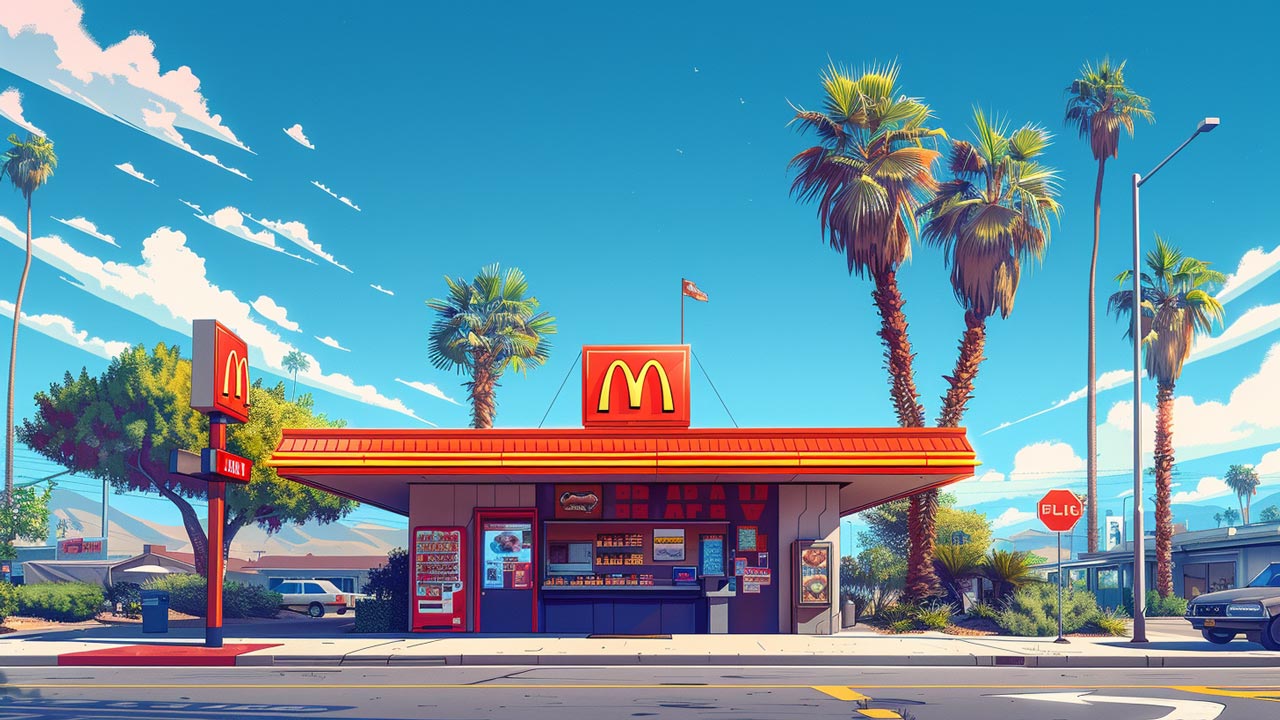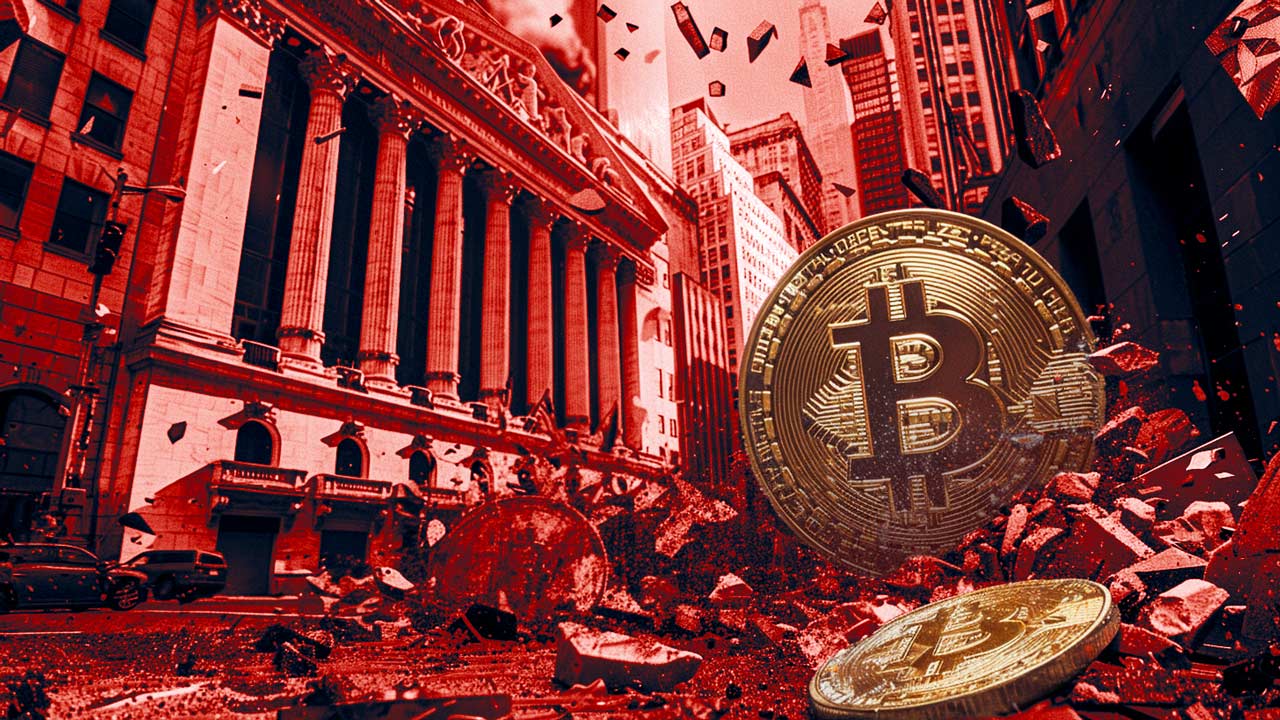If the Fed Won’t Buy Bonds, Who Will?
By Chris Marcus
Almost every time there is a Fed meeting, minute release, or congressional testimony by Ben Bernanke, the mainstream media starts speculating again about an end to the quantitative easing programs. Often the coverage will cite a Fed governor or excerpt from the Fed minutes that indicates that there is at least some thought to ending the programs, but the Fed’s actions speak for themselves. Almost five years have passed since the Fed began expanding its balance sheet and it is becoming apparent that even if the Fed actually did plan to unwind its purchases, it really no longer has the means to do so. If the Fed doesn’t buy the bonds, who will?
The global economic landscape has changed significantly from 2008 when QE began. Back then the market was largely caught off guard by the subprime crisis and the Fed was given great latitude to do whatever it felt was necessary. However, five years of monetary expansion backed by inconsistent logic has led many to stop placing blind faith in the Fed. The Fed always claims that the economy is recovering while simultaneously saying that it still needs monetary support. Which is it? They talk about ending the programs but when actual policy decisions are made the result is the same. As a result, their credibility is now openly questioned on an increasingly frequent basis.
Over the past year, reports have surfaced that the Fed is now monetizing as much as 90% of the debt issued by the Treasury. This year alone, the Fed is on pace to print over $1 trillion based on the $85 billion per month month pace from QE3 Plus. Conveniently, this is roughly the approximate amount of this year’s projected deficit. If the Fed were to decide to stop buying these bonds, who could replace that demand?
Recently, many college endowment funds have begun to reduce their holdings of Treasuries. In 2008, it was common for many funds to have as much as 30% of their allocation in US debt; now, MarketWatch reports that many of those same buyers hold less than 5%. You can hardly blame them when they are being offered the upside of negative real returns with the downside possibilities of hyperinflation or outright default. Given the political unwillingness to acknowledge that current fiscal and monetary policies have failed, eventual hyperinflation in the US remains shockingly likely.
While Ron Paul did not win the Republican presidential nomination, his campaign did have an impact on the awareness of how damaging Fed policy is. The Fed has long operated with an air of mystery, as most people simply have no idea what the institution does; they just accept that the Fed acts in the public’s best interests. However, Paul’s public profile has brought a lot of attention to the true nature of the Fed’s activities and how its monetary policy has sapped the dollar of over 95% of its value since the Fed’s inception 100 years ago.
If Bernanke looks at the markets today and still feels that all that’s needed is more QE, then it becomes hard to imagine what could change his mind in the future. When the economy is weak, he believes the answer is to print more – but the economy won’t recover until he stops printing. Similarly, if President Obama and the US Congress still don’t see the importance of addressing budget deficits, then it is hard to imagine that they ever will. It can be frustrating to watch, but as investors, what we can do is recognize the trends and interact with them appropriately. As Euro Pacific readers well know, one of the best long-term financial strategies remains owning physical gold and silver, even despite the recent dip in pricing.
Between now and whenever the market ultimately resolves these imbalances, it’s important to be prepared for periods of great volatility. Despite a truly unprecedented global monetary expansion, the prices of both gold and silver remain well below their highs and even far below where they were trading before QE3 and QE4 were launched. This is more the result of short-term liquidity issues caused by some of the bigger banks on the COMEX futures market, but in the long term, the fundamentals will eventually re-price the board. Remember, despite all of the talk about an end to QE, if the Fed actually stops buying the bonds, it remains a mystery as to who will.
Chris Marcus is the founder of Arcadia Economics Consulting, based on his scholarship of the Austrian School of economics. Marcus has over a decade of experience in the financial industry, including positions at Moody’s and at Susquehanna International Group as a specialist on the floor of the New York Stock Exchange. Chris has an MBA from Wharton.
Follow us on Twitter to stay up-to-date on Peter Schiff’s latest thoughts: @SchiffGold
Interested in learning about the best ways to buy gold and silver?
Call 1-888-GOLD-160 and speak with a Precious Metals Specialist today!



 Whenever an election year rolls around, domestic manufacturing becomes a more central theme of discussion. Candidates from both sides, who seem to disagree on almost everything else, never waver in their commitment to auto manufacturers in Detroit and the steel industry. Republicans and Democrats never forget to remind the American public that they will try […]
Whenever an election year rolls around, domestic manufacturing becomes a more central theme of discussion. Candidates from both sides, who seem to disagree on almost everything else, never waver in their commitment to auto manufacturers in Detroit and the steel industry. Republicans and Democrats never forget to remind the American public that they will try […] The wizards at the Fed and US Treasury have been forced to acknowledge that their “transitory,” inflation is, in fact, quite “sticky.” And with the inflation elephant now acknowledged by the circus of high finance, Treasury yields keep inching up, recently reaching 4.7% — the highest since November. The Fed is stuck: It needs to raise interest rates to tame inflation and […]
The wizards at the Fed and US Treasury have been forced to acknowledge that their “transitory,” inflation is, in fact, quite “sticky.” And with the inflation elephant now acknowledged by the circus of high finance, Treasury yields keep inching up, recently reaching 4.7% — the highest since November. The Fed is stuck: It needs to raise interest rates to tame inflation and […] The solution to a problem shouldn’t make the problem worse. But apparently, California’s policy makers missed that memo. On April 1st, the state instituted a $20 minimum wage for fast food workers, the highest in the US. With California’s absurdly high cost of living, the policy appeared to make life more manageable for low-income residents. Unfortunately, as the adage goes, “If it sounds too […]
The solution to a problem shouldn’t make the problem worse. But apparently, California’s policy makers missed that memo. On April 1st, the state instituted a $20 minimum wage for fast food workers, the highest in the US. With California’s absurdly high cost of living, the policy appeared to make life more manageable for low-income residents. Unfortunately, as the adage goes, “If it sounds too […] The monetary battle of the 20th century was gold vs. fiat. But the monetary battle of the 21st century will be gold vs. bitcoin. With Wall Street jumping into the game with bitcoin ETFs, a bitcoin halving recently splitting the block reward for miners in half, and both gold and bitcoin hovering near their all-time highs, it’s a great time for […]
The monetary battle of the 20th century was gold vs. fiat. But the monetary battle of the 21st century will be gold vs. bitcoin. With Wall Street jumping into the game with bitcoin ETFs, a bitcoin halving recently splitting the block reward for miners in half, and both gold and bitcoin hovering near their all-time highs, it’s a great time for […] What is Nvidia? If you’re a committed gamer the question may sound like nonsense. Nvidia, which was founded in 1993, is a tech company that makes GPUs and other products. It originally specialized in making products for the video game industry, that assisted in 3D rendering. If you were a committed gamer, you probably owned their products. If you weren’t, you might not have heard of them.
What is Nvidia? If you’re a committed gamer the question may sound like nonsense. Nvidia, which was founded in 1993, is a tech company that makes GPUs and other products. It originally specialized in making products for the video game industry, that assisted in 3D rendering. If you were a committed gamer, you probably owned their products. If you weren’t, you might not have heard of them.
Leave a Reply